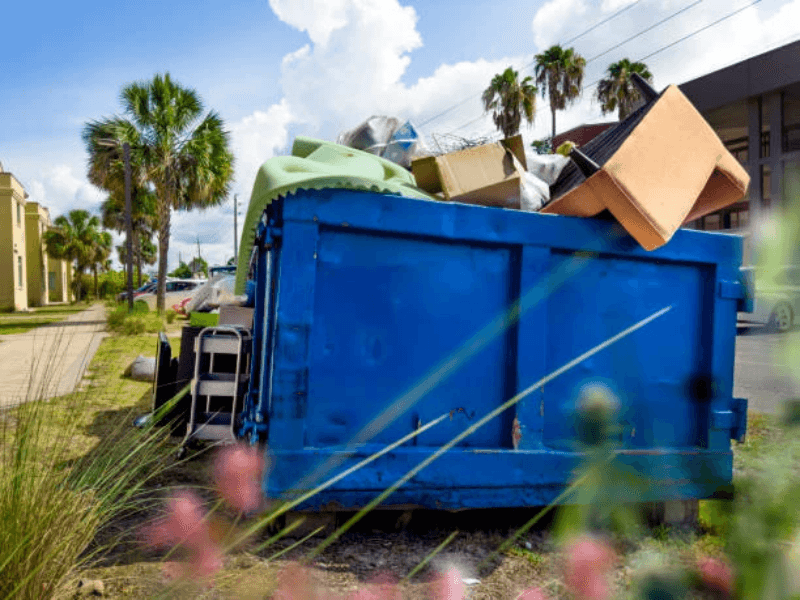Determining the Best Dumpster Size for Your Commercial Needs
Determining the Best Dumpster Size for Your Commercial Needs

Identifying the correct dumpster size for your business can eliminate extra costs, save time, and prevent operational disruptions. An undersized dumpster may require frequent pickups, leading to higher costs, while an oversized one results in wasted space and money. Choosing a suitable dumpster size ensures a smooth waste management process. You can click for more about the topic here.
Assess Your Waste Volume and Type
First, measure how much and what kind of waste your business discards on a regular basis. Various industries create different kinds of waste, such as food scraps, packaging, or construction debris. Calculate your weekly waste output to accurately assess your requirements.
A restaurant might produce food leftovers and containers, unlike retail stores, which deal mainly with cardboard and plastic. Furthermore, take note of hazardous materials or electronic waste that need specialized disposal. Being aware of your waste type and volume guides you in selecting the right-sized dumpster.
Know the Available Dumpster Sizes
Dumpster sizes vary, beginning at 10 cubic yards and reaching up to 40 cubic yards. The standard sizes often used include:
10-Yard Dumpster: Suitable for small operations, such as cafes or small retail stores, generating limited waste.
20-Yard Dumpster: Ideal for mid-sized businesses like offices or retail outlets with moderate waste amounts.
30-Yard Dumpster: Best for bigger businesses, including restaurants or factories, generating high waste volumes.
40-Yard Dumpster: Commonly used by industrial or construction businesses producing considerable amounts of heavy debris.
Choosing the right size depends on your business’s trash output and how often you need pickups. Click here for more helpful tips on this company.
Evaluate the Available Space
Analyze the space on your site before renting a dumpster. Companies located in cities may have limited space for larger dumpsters. Make sure your dumpster fits within the assigned space without hindering daily activities.
Take measurements of the area and confirm that waste collection vehicles can reach it. If only a small dumpster fits, schedule frequent collections to keep waste management efficient.
Factor in Pickup Frequency and Budget
Budget considerations play a major role in selecting the right dumpster. Renting a bigger dumpster costs more, but you might save by needing fewer pickups. Smaller dumpsters are cheaper initially, but frequent pickups can drive up the cost.
Determine how often the dumpster needs to be emptied based on your business’s waste production. If your waste output changes seasonally, choose a rental option with flexible size or pickup adjustments.
Match the Dumpster Size to Your Future Needs
Think beyond current needs and include any anticipated business changes. Anticipate any increases in waste from expansions, seasonal variations, or renovations. If you predict more waste in the future, choose a larger dumpster.
Choosing a dumpster size that fits your business’s requirements will ensure smooth waste management, reduce costs, and keep your environment clean. Take time to evaluate your waste needs, space, and budget to pick the best option. For more details about dumpster size click here for more info.